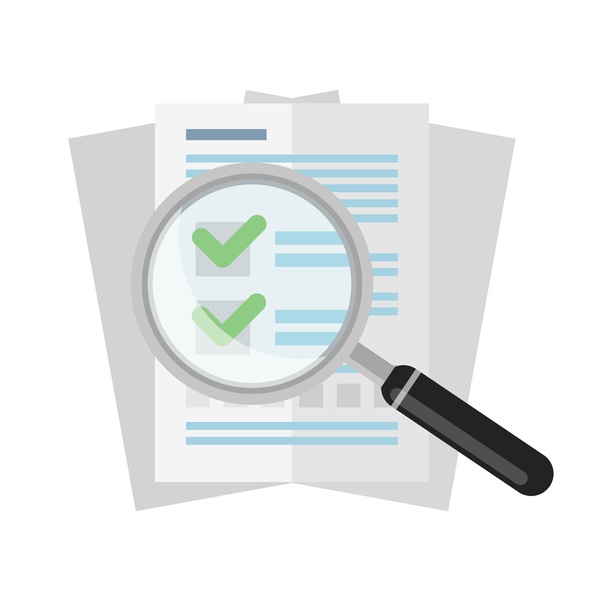Many different factors should be discussed and considered during the process of creating your personal estate plan. Creating your estate plan is critical for future and financial planning for you, your family members and any other beneficiaries who may receive assets in the future.
Estate planning is a combination of thinking about what happens to your assets after you pass away, but also appointing people who will be in a position of power and authority if you are unable to speak for yourself due to an incapacitating injury or illness.
What Steps are Involved in Estate Planning?
Estate planning can be broken down into seven different steps. Some of these may not apply to you but it is valuable to know everything that goes into estate planning so that you can set up future meetings with your estate planning lawyer, should these become relevant based on changes in your personal life. These estate plan steps to consider include:
- Creating an overall list of accounts, assets and documents.
- Naming a power of attorney agent and the activities this person is entitled to take on your behalf.
- Creating a will and discussing the potential for developing any trusts that may add greater privacy and control to the distribution of assets.
- Outlining any relevant directives including wishes for medical care in the future.
- Making beneficiary designations with life insurance companies and retirement accounts.
- Reviewing your state’s estate tax laws with the help of an estate planning attorney to identify whether or not these influence you.
- Setting aside a reminder to review your estate plan on an annual basis.
Hiring an Estate Planning Lawyer
Talk to a lawyer in your area familiar with the common inclusions in most estate plans. Your attorney should design a plan with your needs and future concerns in mind.

